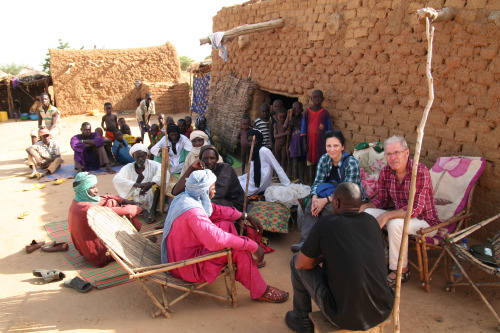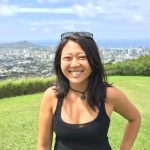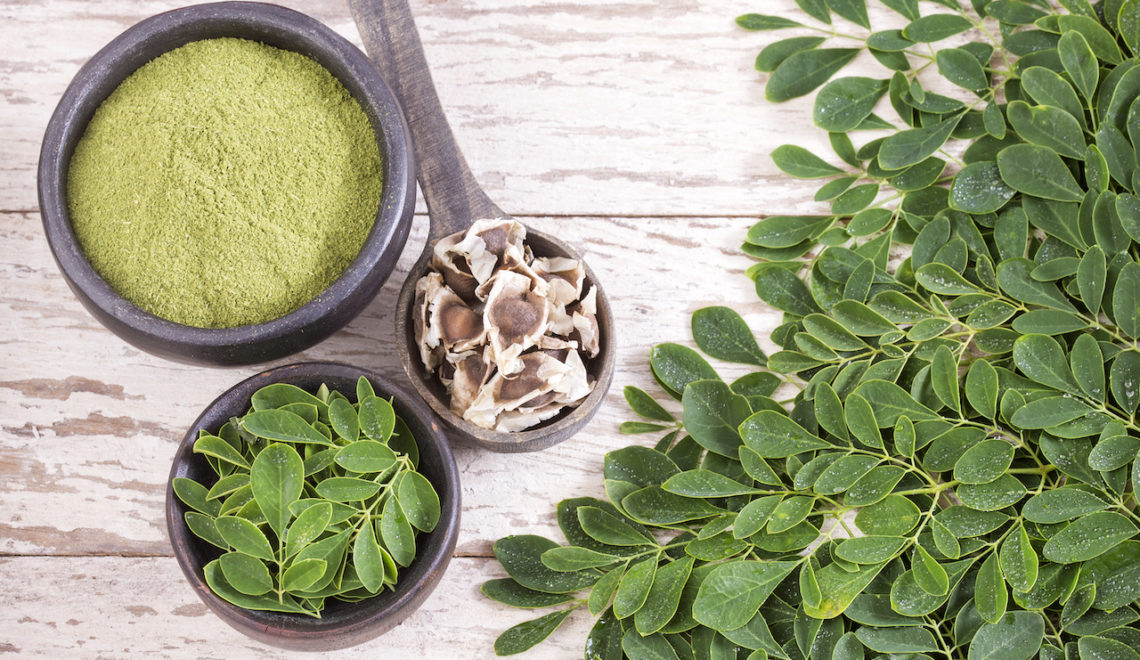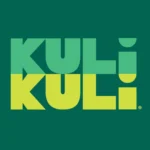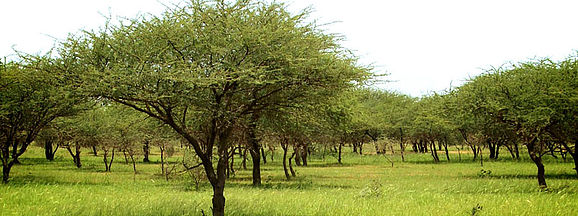
How often do you search for the answer to a question you have or where the best place is to order lunch from? Chances are, you do so at least once a day. What if you could help fund tree planting in Africa from the comfort of your desk, doing what you already do every day – search for things online?
This concept gave way to a search engine called Ecosia.
Based in Hamburg, Germany, Ecosia contributes 80 percent of their revenue to one mission – planting trees. Working with WeForest, a Belgian organization that has several conservation projects throughout the world, and OZG, the Belgian equivalent to Entrepreneurs Without Borders, the company is helping to combat desertification in the equatorial region of Africa by funding the planting of native trees.
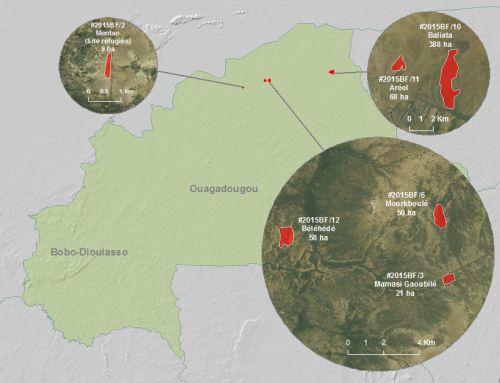 THE GREAT GREEN WALL
THE GREAT GREEN WALL
This tree planting contributes to a larger project called The Great Green Wall. The Green Wall will be a continuous line of trees that covers Sahel, the southern bank of the Sahara Desert. When completed, this “wall” will stretch 7,200 km long and 15 km wide, from the Atlantic Coast of Africa to the Red Sea.
So far, Ecosia has funded the planting of over 4 million trees around the world, but the goal is to plant one billion by 2020. How do they plan on reaching this goal? Simply by getting more people to use Ecosia as their search engine.
Ecosia is available as an add-on to any browser you currently use (Firefox, Chrome, Safari, etc.) and on your Android or iPhone. A nifty “tree counter” in the corner of your browser tells you how many trees you have helped plant. This number is summed up by an algorithm that calculates the number of times you search with the average amount of money that is generated by ad revenue. Each tree costs about €0.28 to plant and Ecosia currently donates between $50,000-80,000 every month.
It takes an average of about 50 searches to fund the planting of one tree. Ecosia notes that the tree counter is taken as an average from several searches happening at the same time, so the tree that is planted is a community tree, with several people contributing to each one.
HOW FORESTS ARE BORN
WeForest plants trees using the Valleriani method, which Ecosia says gives their seedlings a 70 percent survival rate. This method makes use of the natural short, intense rainy season by digging up half moon pits that are used as flooded seedbeds. With each seedbed holding 100-300 liters of water each, farmers can ensure the seeds have time to germinate and establish roots.
Because WeForest engages and uses members of the community, this project is also self-sustaining. The people of Burkina Faso are consulted for finding the best seeds, they are taught how to sow and manage the forests, the tractors are provided to them, and their cattle get to feed on the grasses that are sown next to the trees.
Another great benefit of this tree-planting project to Burkina Faso is that the trees and forests provide food and forestry products to the people. These materials are used to make baskets, mats, and other products that are made and sold exclusively by women. As part of an agreement with this program, women are required to be able to keep the income generated from the trees.
One of the drought-resistant trees indigenous to this area is moringa. Moringa, shea, and acacia are just some of the many types of trees planted in Burkina Faso. These trees were chosen because of their quick growth rates so that in 7-10 years, most of the acacia species will already reach up to 8 meters in height. The roots of these plants will also draw water up from deep within the ground and will reduce the amount of drilling needed to supply drinking water for people and cattle.
Want to do something good for the planet not just on Earth Day, but every day? Download the Ecosia extension for your phone or your browser and use it for all your searching needs. Then tell all your friends about it, so they too can help the planet, one search at a time.
Barbara Lee is a blogger and avid lover of traveling, eating local, and the environment. With a BS in Psychology and previous work experiences ranging from non-profit legal work to managing a restaurant in San Francisco, Barbara enjoys pursuing new experiences and living life while using the most natural and organic means possible. Some of her most memorable life moments include watching little blue penguins return to their nests in Melbourne and snorkeling a rift of melted glacier water between tectonic plates in Iceland. For more posts by Barbara, click here.


